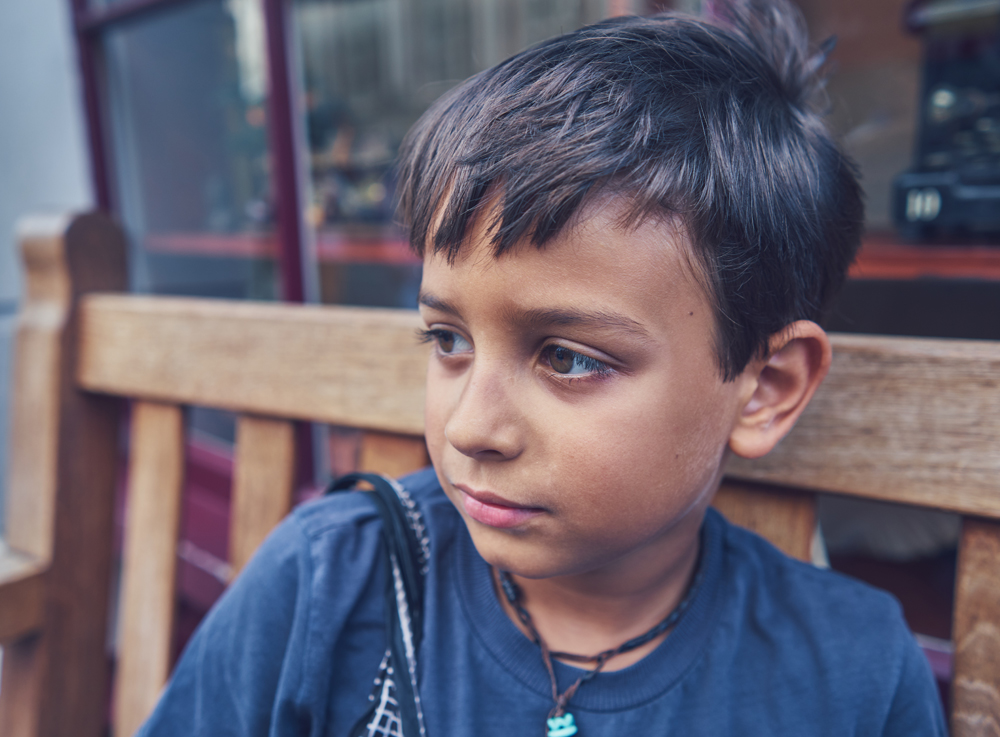
Supporting Children Experiencing Parental Incarceration
Written by: Sarah Kaufman
The United States (U.S.) has the highest rate of incarceration globally. The U.S. also has one of the largest populations of incarcerated parents. This places children with incarcerated parents at risk for unhealthy outcomes. Children with incarcerated parents are one of the largest and fastest growing high-risk populations.
What are the experiences of children with incarcerated parents?
- Hidden Victimization
- Children with an incarcerated parent often experience adverse effects due to their parent’s incarceration. They would benefit from additional support in schools and communities; however, their unique needs are often invisible to their educators and neighbors. Caring adults may not realize a student is experiencing stress related to their parent’s incarceration unless it is discussed specifically in a conversation with the student or their primary caregiver. An article by the National Institute of Justice explains how improving communication between members of the criminal justice system and other service providers, such as school personnel, can increase identification and strategies for these students before negative outcomes even occur.
- Adverse Childhood Experiences (ACES)
- Parental incarceration itself is an adverse childhood experience (ACE). Children experiencing parental incarceration have a higher likelihood of experiencing additional ACEs, which could include mental illness, substance abuse, and trauma. To support children, schools can implement strategies aimed to increase positive child experiences (PCEs), which can help to improve and maximize protective factors for students with incarcerated parents (see next section). These interventions can help to decrease negative outcomes that occur due to trauma and build resilience among these students.
- Feelings of Isolation
- As a result of their parent’s incarceration, children may carry anguish, distress, and grief. They may feel alone. The stigma or potential embarrassment of having an incarcerated parent could decrease academic motivation and achievement. To make sure children continue to engage in school, caregivers and educators can foster an environment that promotes educational and social engagement. There is the potential for feelings of school connection to be threatened when a parent is incarcerated, which is why educators can play an important role in helping to foster this relationship between the schools and families.
What more can be done to support children experiencing parental incarceration?
- Social Groups
- Social groups can be effective in building communities and protective factors for children experiencing parental incarceration. Within these groups, children learn that they can safely discuss their feelings and thoughts. Additionally, these groups can decrease feelings of isolation as children learn that they are not alone in their experiences and emotions. This community can help to emphasize children’s strengths, which can help to bolster their self-esteem. Social groups can be effective in establishing trust within the group when confidentiality is understood and respected. Additionally, social groups can help to connect children with peers who may be going through similar experiences. Positive connections are created and supported.
- Empathy
- Empathy is a protective factor that can create support in academic environments and can help children in schools to regulate their feelings and emotions. It creates a supportive and positive classroom community. Studies have shown that children with incarcerated parents are less aggressive when they experience higher levels of empathy.
- Mentoring Programs
- The Washington State Department of Social and Health Services describes mentoring programs within the state of Washington that can provide support for young children. Children affected by having a parent incarcerated can benefit from these supports. These programs increase a sense of community, as well as offer 1-to-1 support for children. Mentors in the community work with children to reduce feelings of post-incarceration anxiety, build self-esteem, and empower these children to use their voices. A mentor can be another member of the community who becomes a positive role model, and encourages academic and social goals. Additionally, through these programs mentors can help encourage children and their incarcerated parents to connect through and participate in various activities.
Resources for Washington state children and families with incarcerated parents:https://www.k12.wa.us/student-success/access-opportunity-education/children-and-families-incarcerated-parents/cfip-resources
